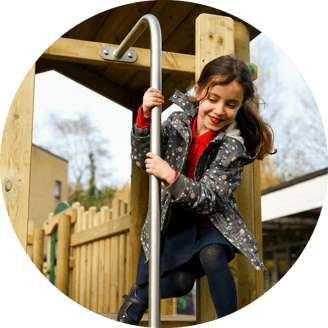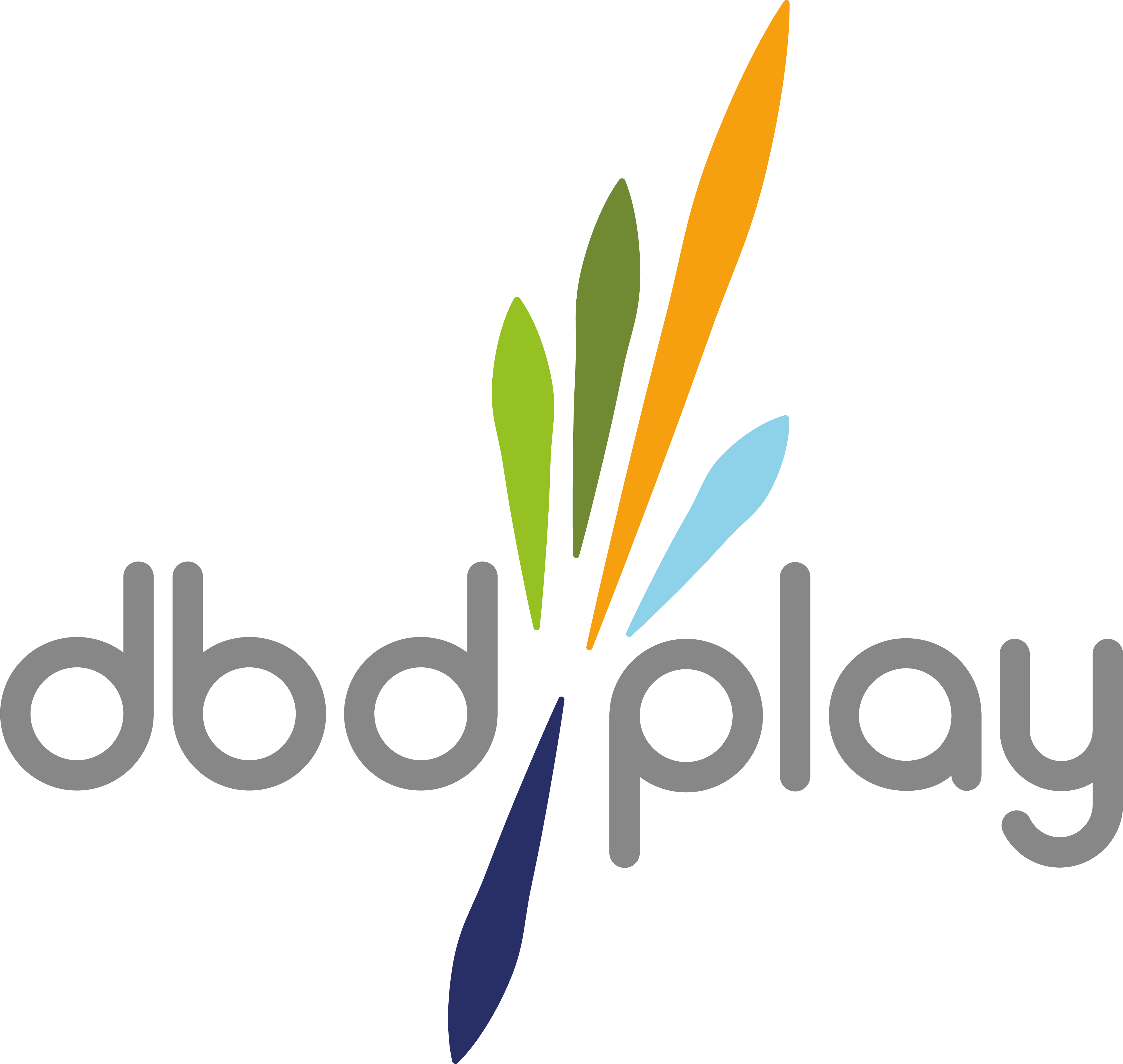play values
play values
We all know children learn through play, but what are our products designed to teach them? Each one of our play values has been developed within the national curriculum and early years foundation stage network.

creative
Through creative and imaginative play children can grow emotionally, socially, intellectually, and even physically. Creative experiences help a child develop these skills and enable them to share their thoughts, feelings and ideas. Exposing children to creative opportunities contributes to and furthers their development.
Whether it’s a make-believe game or an arts and crafts activity, play provides children the freedom to explore new possibilities and think outside the box. To come up with unique ideas as well as creative solutions to challenges they face.

communication
By playing with others, children learn the art of communication. They come to recognise facial expressions and body language. They figure out how to strike up and continue conversations, and how to express their thoughts and desires in a way that won’t create barriers and put a stop to the group game.
Role play also gives children the opportunity to explore new concepts and words that they have heard from adults or their peers, helping to expand their vocabulary.

discovery
Discovery play allows children to learn about the world and how it works. In general, children learn best by doing, so this type of play is a natural fit for their development. It also engages children into play while leading them to make new discoveries.
Children's brains develop so much at the early stages of their life and one of the best ways of stimulating the brains development is through play. From exploring objects, shapes, sight and sounds to self-directed play, affording children the opportunity to hone their decision-making skills as well as their focus, attention span and planning skills.

physical
Active play is proven to help children with the development of coordination, balance, fine (smaller movements like picking up objects) and gross (large movements like crawling and walking) motor skills.
Physical play helps children use up their natural stores of energy promoting better eating and sleeping habits and it also promotes early brain development as well as decreasing the risk of health issues later in life.

social
Social skills are an essential element of everyday life, they help children form relationships, learn to negotiate group dynamics, make compromises with other children, resolve conflicts, respond to other children’s feelings and adhere to rules and boundaries.
It is through play a child can create friendships and learn from those around them.



